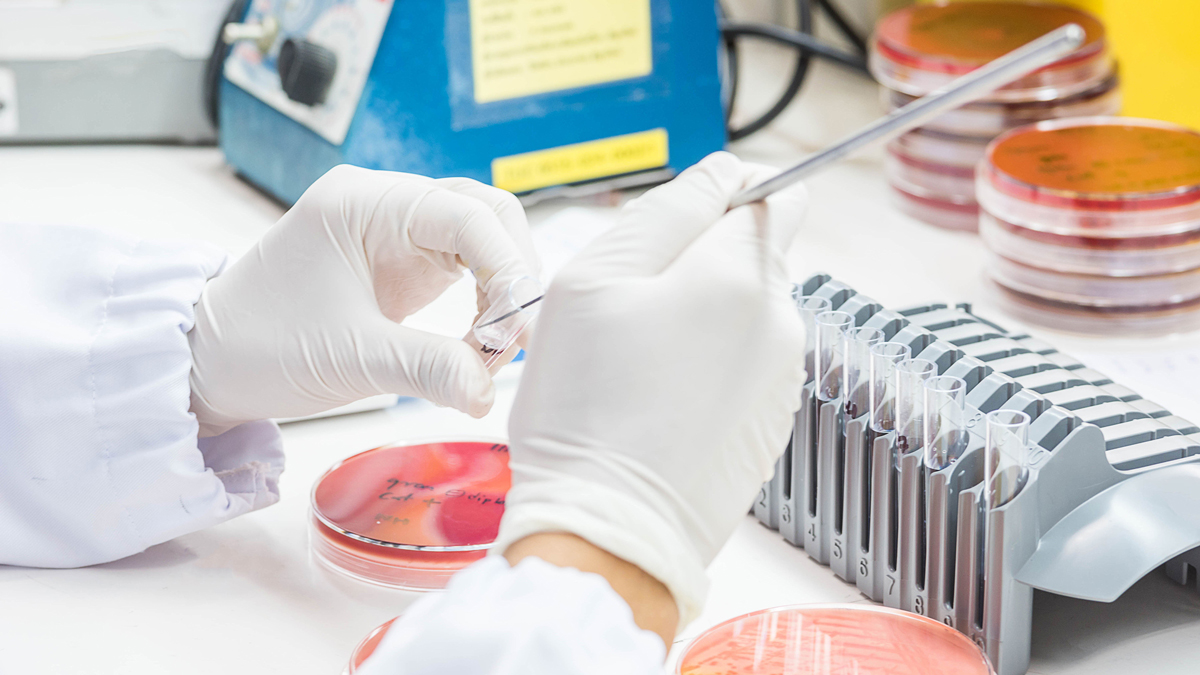COVID-19: Helping to support momentum on antimicrobial innovation

To mark World Antimicrobial Awareness Week NovaBiotics's Deborah O’Neil tells us why 2021 might be the year anti-infective drugs finally demonstrate their economic value.
COVID-19 has reminded the world how critical infectious disease is, from both a societal and economic standpoint. Cancer is rightly seen as one of the most pressing challenges of our time: but it has not yet caused a multi-trillion hole in the world’s finances.
For the first time in my career developing antimicrobials, I’m hearing more investors enthused by the prospect of investing in companies developing solutions to infectious diseases. We all know COVID-19 has shifted our perspective on a range of things, and in economic terms three developments have underpinned this shift.
First, there is now a wealth of innovation, perhaps more than ever, in antimicrobial design and development (almost all of it being generated by SME businesses). Second, push incentives from government and NGO bodies, particularly the AMR Action Fund, providing $1 billion of investment, are now substantial enough to really fuel that innovation. And third, pull incentives are now in place which are beginning to make an effective commercial case for antimicrobial development.
The NHS/NICE antibiotic subscription model announced earlier this year is potentially the most significant of these developments. The US PASTEUR Act, if enacted, would also pave the way for providing prepaid subscription contracts for antimicrobials in the US, collectively making antimicrobials viable again. Similar subscription models and other market entry reward proposals are being floated in Sweden and elsewhere.
After years of lobbying by the industry, policymakers now accept the need for “pull” models that de-link sales (by volume) from reward; reward being for developing and launching these drugs for when they are needed, not for promoting use. Antimicrobial stewardship is now clearly linked with economic success.
We’ve all heard the bear cases for antibiotics: the bankruptcy of Achaogen, fire sale of Tetraphase and other high-profile problems at antibiotic developers have highlighted the fact that even with the best possible support in the development phase, generating profitable versions of the ‘traditional’ antibiotic classes remains challenging. The decision by Cipla to withdraw Zemdri (plazomicin) from European marketing authorisation, is a sobering reminder that even highly effective antibiotics with proven efficacy are often not considered economically viable.
But now, just as a communicable disease poses the biggest economic challenge the world has faced in a decade, there are signs that new reimbursement models, alongside a new generation of innovation in development, have changed the rules of engagement.
Innovative and commercial savvy companies are creating platform technologies and diversified portfolios, focusing not only on antibiotics but desperately needed antifungals and antivirals as well.
NovaBiotics is proud to be developing antifungal and antiviral therapies alongside antibacterials, all of which mitigate resistance as they are based on platforms engineered from innate immune effector molecules – harnessing the way the body fights disease versus ‘synthetic’ approaches that introduce new resistance pressure to microbes. We are not alone in developing drugs which are designed to avoid creating antimicrobial resistance.
There’s every reason to believe that by the time these new drugs reach the marketing approval and launch, the reimbursement and commercial landscape will allow for a good economic runway.
We need to keep up the momentum. Although welcome, the pull incentives are the first small steps to creating the economic climate required for very successful commercialisation of antimicrobials. The forthcoming EU Pharmaceutical Strategy can perhaps create conditions to address market failure in antimicrobials and reinvigorate innovation, by taking the right actions. These include support for the SME companies which generate the lion’s share of innovation, better alignment between health systems and drug developers, the targeted use of diagnostics and a regulatory framework based around non-inferiority trials, to name a few.
The UK government, which has already played a leading role in creating a significant pull incentive for developers, is talking about creating an equivalent to DARPA. The UK has some of the world’s most innovative antimicrobial developers so there’s a clear incentive to do this.
This year may be the great awakening of the value of anti-infectives from a social perspective. 2021 could be the year that they demonstrate their economic case. Let’s use Antimicrobial Awareness Week to get that message out.
About the author
 Deborah O’Neil is CEO and CSO of NovaBiotics.
Deborah O’Neil is CEO and CSO of NovaBiotics.











